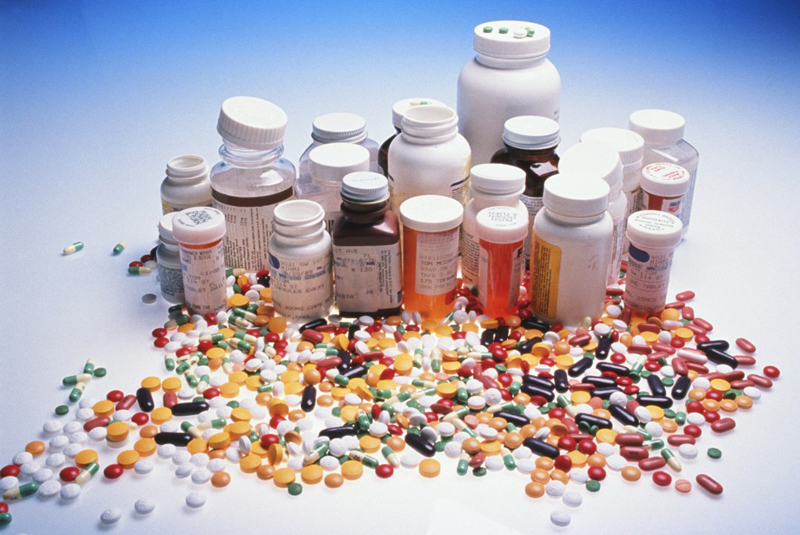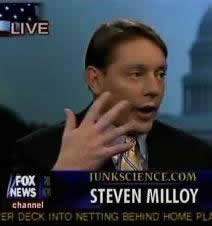A Cancer Risk Conveniently Lost in Translation
Submitted by Diane Farsetta on
A groundbreaking public health study by Chinese doctor Zhang JianDong in 1987 was used by U.S. regulatory agencies "as evidence that a form of" the chemical chromium "might cause cancer." Ten years later, "a 'clarification and further analysis' published under his name in a U.S. medical journal said there was no cancer link to chromium." But "Dr.

 "Many of the articles that appear in scientific journals under the byline of prominent academics are actually written by ghostwriters in the pay of drug companies." Used by doctors "to guide their care of patients," these "seemingly objective articles ... are often part of a marketing campaign." The New England Journal of Medicine recently revealed that a 2000 article on Vioxx "omitted information about heart attacks among patients taking the drug.
"Many of the articles that appear in scientific journals under the byline of prominent academics are actually written by ghostwriters in the pay of drug companies." Used by doctors "to guide their care of patients," these "seemingly objective articles ... are often part of a marketing campaign." The New England Journal of Medicine recently revealed that a 2000 article on Vioxx "omitted information about heart attacks among patients taking the drug.
